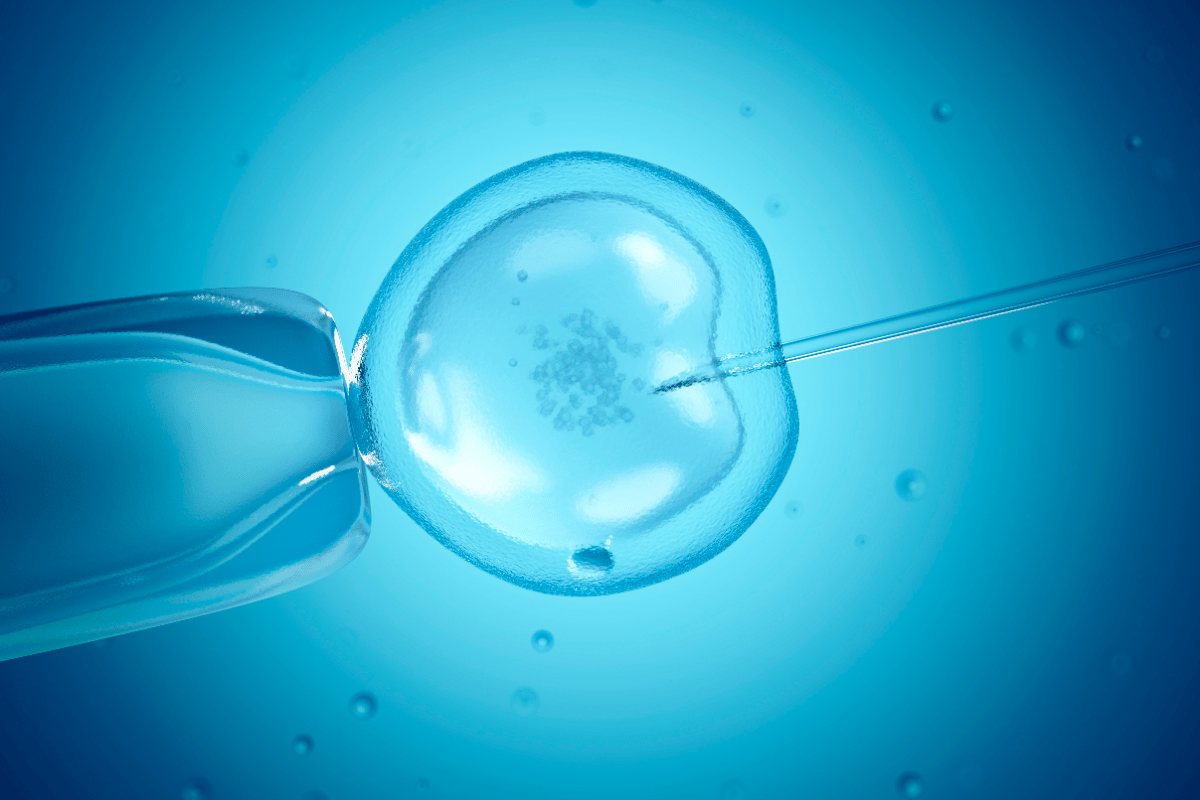
Have you ever considered freezing your eggs but didn’t know where to start or who to ask?
Here, IVF Australia fertility specialist Dr Andrew Hedges answers six questions about the process, the cost and the reasons why you might consider egg freezing.
Watch the trailer for Mamamia’s new podcast, Get Me Pregnant, where hosts Rachel Corbett and Leigh Campbell talk all things pregnancy and fertility. Post continues below.
1. What exactly is egg freezing?
Egg freezing is the process of collecting a woman’s unfertilised eggs to preserve the possibility of fertility.
“If a woman comes in to see me about freezing eggs for future use, we always have a general discussion about fertility and health to make sure it is the right path for her,” Dr Hedges explains.
“I am always very clear that while there are no guarantees of a successful pregnancy, egg freezing does create more options.
“If a woman freezes her eggs at age 35 and then decides to use them at 42 to become pregnant, her chances are higher than if she just came to see me for the first time at age 42.”

